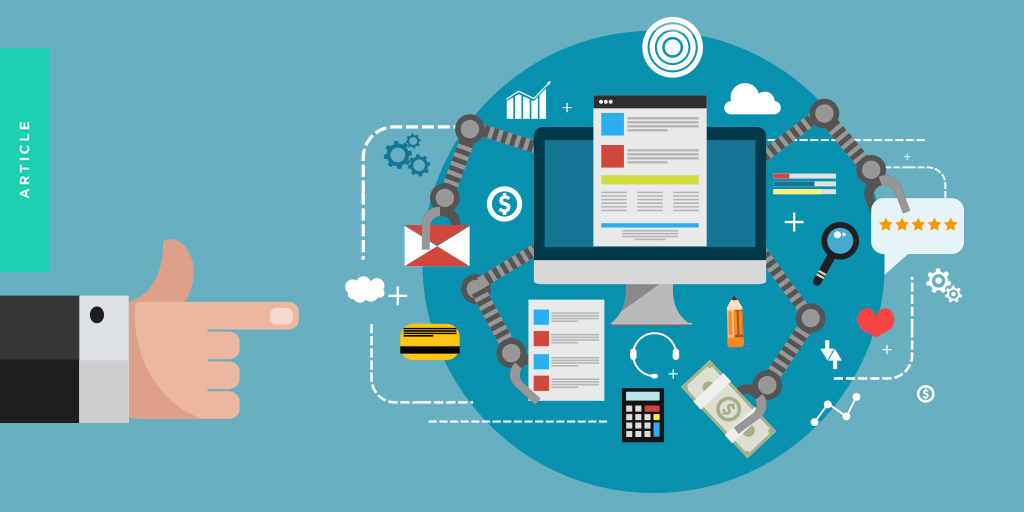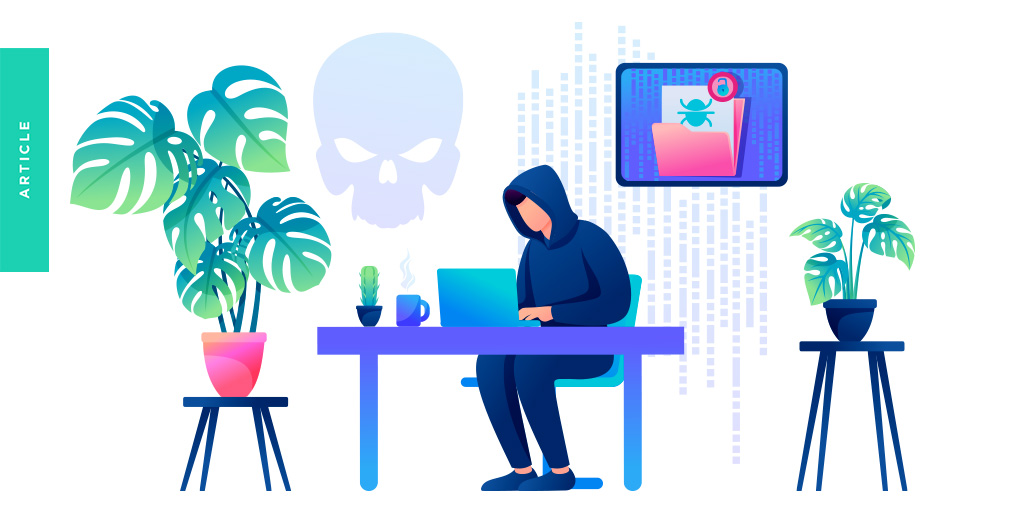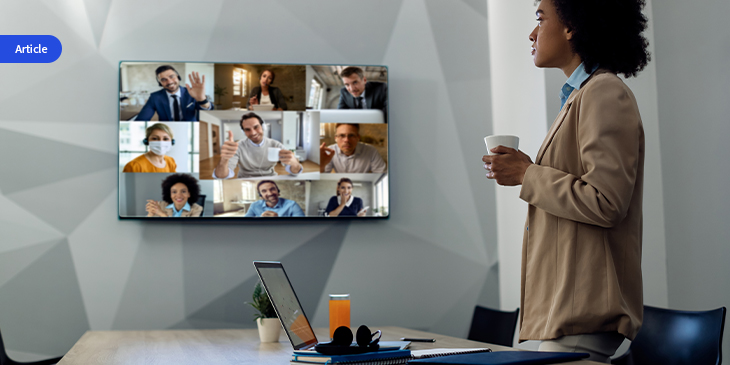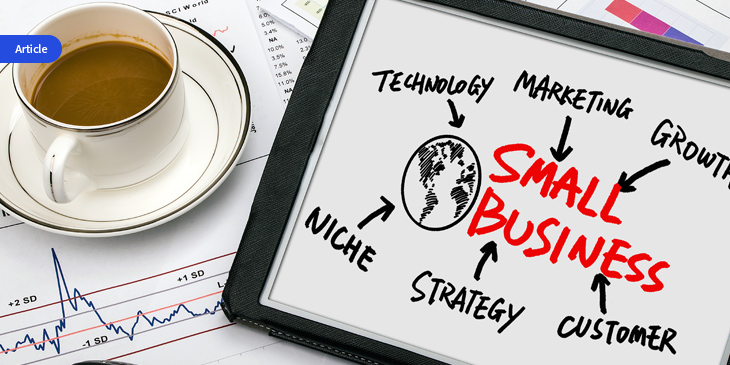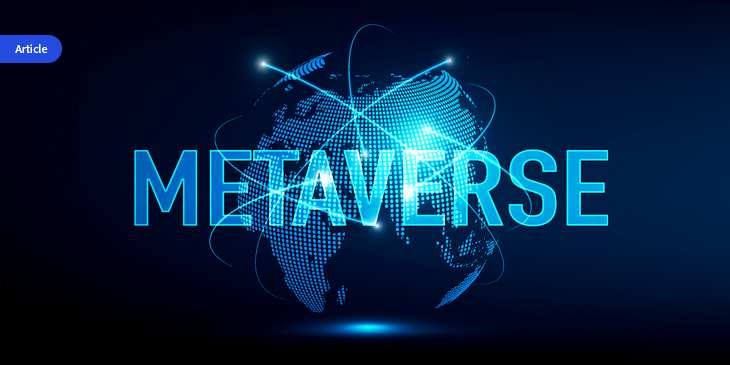Worried Automation Will Take Over Your Job?
For many people, when they hear the terms “automation” or “artificial intelligence,” their mind immediately conjures up visions of robots taking over the workforce. Robots can certainly use artificial intelligence. But there’s much more to workforce automation than meets the eye.
Take a look at what counts as automation, how tools like ChatGPT are entering the workforce, and how automation and AI can help with your job.
What Is Workforce Automation?
Automation is commonly used in departments like marketing, HR, or sales. Telemetry, cybersecurity, and wireless applications are a few examples. Meanwhile, artificial intelligence might look like virtual customer service agents or “smart” product recommendations (based on customer data).
What’s more, automation has been around for much longer than you might think. According to Forbes, workers protested about automation as far back as the Industrial Revolution (1750). And today, 76% of businesses use automation in their daily workflows.
The workforce stands to reap several benefits from incorporating automation. Automation improves safety by reducing human error. Other notable features include better productivity; cost savings; and higher-quality work.
Examples of Common Workplace Automation
Automation can help with tasks such as:
- Email marketing. If your email blasts go out automatically when someone completes an action such as making a purchase, that’s automation.
- Talent acquisition and hiring. HR departments use automation to find candidates and schedule interviews.
- Customer service. Chatbots can answer FAQs from customers so customer service departments don’t have to handle every single query.
- Sales. According to McKinsey, a third of all sales tasks can be automated — activities like sending invoices or processing orders.
- Human resources. Payroll and timesheets are ideal jobs for automation to take over.
These are a few examples of areas where automation can come alongside employees, taking over mundane, repetitive tasks so workers can focus their energy elsewhere.
The Future: ChatGPT
These days, the automation buzzword on the tip of everyone’s tongue is ChatGPT. Workers from writers to customer service employees are worrying about whether ChatGPT (a chatbot that OpenAI, an AI development company, launched in November 2022) will take over their job and leave them with no way to make a living.
Users can ask ChatGPT a question or submit a request, such as writing an essay of a specific length about a specific topic. While it can take some time to learn how to use it — and there’s a chance ChatGPT could pull in data that’s incorrect — this AI tool is proving to be a valuable resource for employees in all kinds of fields.
Experts predict that chatbots like ChatGPT will primarily take over clerical and administrative tasks. For example, bots can easily write ad copy and legal documents.
How Automation Will Affect You
Artificial intelligence isn’t going to take over your job. According to McKinsey, less than 5% of all occupations can be automated entirely. Robots aren’t completely taking over — at least, not yet. But automation and artificial intelligence can make your workday a whole lot easier. Imagine your day without the boring, repetitive tasks you hate the most. Sounds good? That’s what automation can do for you.
Content created and provided by ONEAFFINITI.


